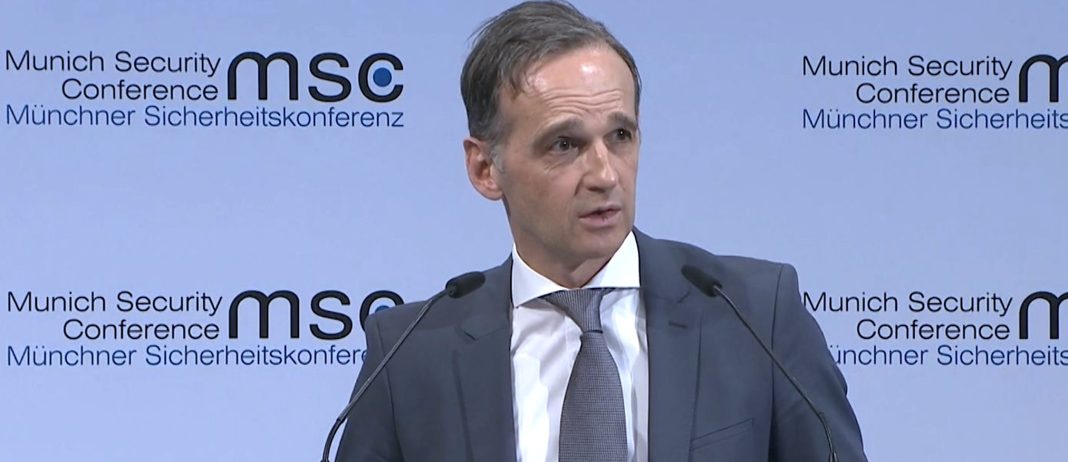ISTANBUL (TURKISH JOURNAL) – By Janet Ekstract – On Sunday, Munich will be the venue for more detailed discussions on the Libya ceasefire resolution set forth by the United Nations Security Council (UNSC) earlier this week.
Those expected to take part in the discussions include a bevy of foreign ministers from Russia, Italy, France and Turkey as well as top.U.S. government officials and a number of regional players.
German Foreign Minister Heiko Maas expressed his hopefulness about the meeting: “The UN Security Council decision has endorsed the outcome of the Berlin conference after long and difficult negotiations …Last week, the military committees of the conflict parties had their first direct negotiations on a ceasefire.” Maas added: “And on Sunday, here in Munich, we will have the first foreign ministers meeting of the Berlin process, in order to discuss the monitoring mechanisms and implementation of the conclusions.”
The meeting will focus on last Wednesday’s United Nations Security Council (UNSC) resolution which passed almost unanimously except for Russia abstaining on a mandate for a multinational.operation to ensure a lasting ceasefire in Libya.
This UNSC resolution calls for an immediate ceasefire and an end to the support of arms to both sides, adherence to a weapons embargo and the withdrawal of mercenaries while forbidding interference by any member state in the Libya crisis.
Meanwhile, the issue to be grappled with will be whether certain nations will fully commit to the parameters laid out at the Berlin Conference and whether they will agree to abide by the UNSC resolution in full.
Case in point is Russia with its Wagner Group (Russian mercenaries) supporting renegade warlord Khalifa Haftar. Now London-based newspaper Asharq Al-Awsat quoted Syrian sources on Friday who said Russia started recruiting Syrian youth for 800 USD a month for a three-month combat mission in Libya to fight with Haftar’s militias attacking Tripoli.
In the meantime, Human Rights Watch (HRW) is calling for a ban on cluster munitions used in Tripoli and to have the stock destroyed. Tripoli has already seen shelling from Haftar forces with closure of numerous schools and health facilities and infrastructure damage.
In addition, the Red Cross reports Libyans in Tripoli are now suffering from the conflict with massive damage to residential neighborhoods. President of the International Committee of the Red Cross, Peter Maurer said in a statement at the end of his visit there that one in four Libyans is being affected by the conflict. Maurer added that 220 schools have been forced to close in Tripoli as well as 13 health facilities and a disruption of health services with an increasing scarcity of essential supplies, he said.




